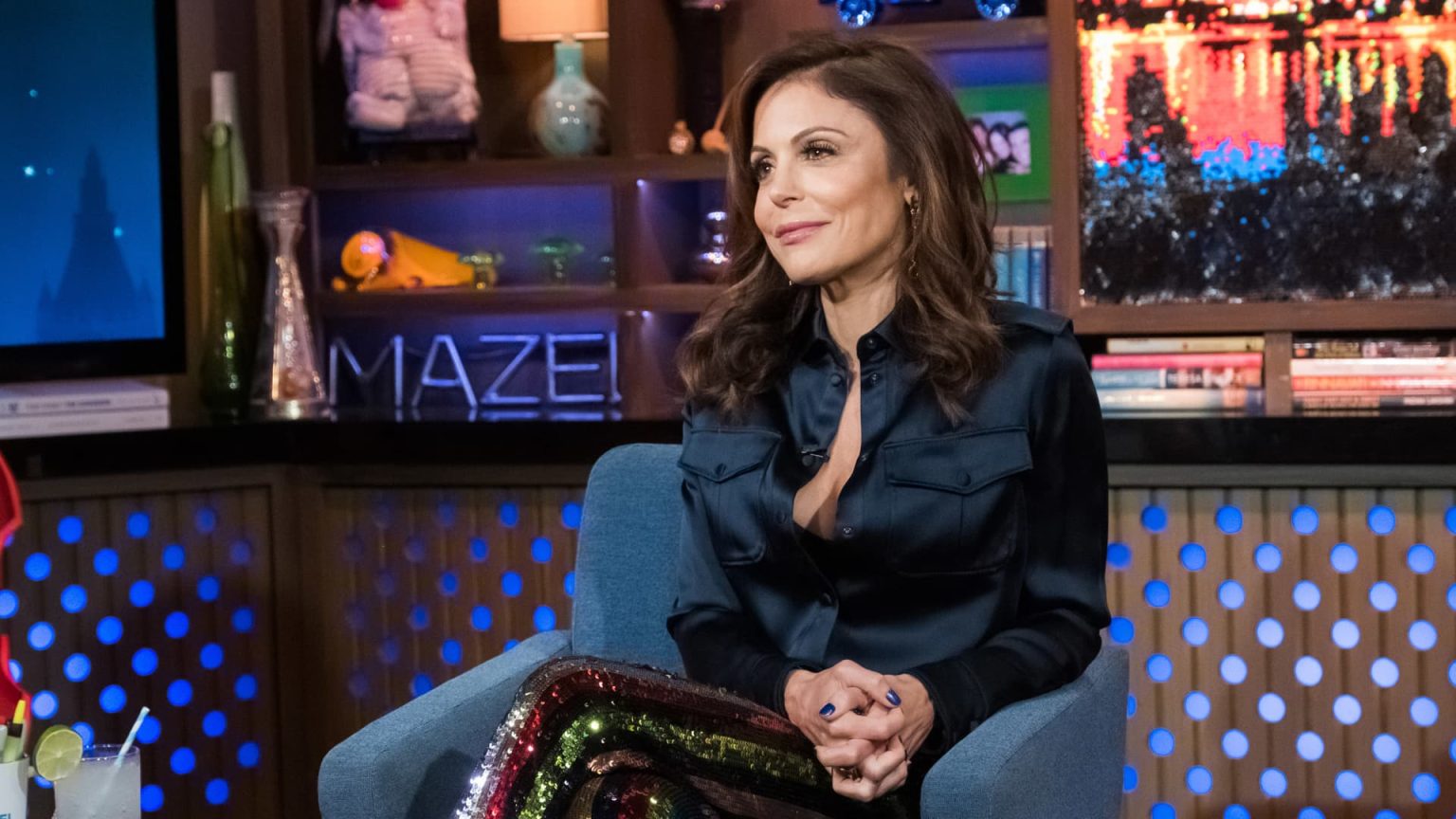When Bethenny Frankel joined the cast of “The Real Housewives of New York City,” she had no business savvy and no money, she says — but she knew when a contract didn’t feel right.
The reality TV alumna, who later founded the Skinnygirl lifestyle brand and became a self-made millionaire entrepreneur, agreed to a payment of just $7,250 for the hit Bravo TV show’s first season, she said in a recent Instagram Reel. But she didn’t let the network take a percentage of anything she made on her own, a move that “changed my entire life,” she added.
“The contract said $7,250, which I did not dispute,” Frankel said. “I was a nobody. I had nothing … But somewhere down deep inside of me, I understood conceptually, that [the percentage clause] was wrong, and that I was going places. And I was going to do something, and no one [else] was going to own any part of it.”
Frankel crossed out that section of the contract, and Bravo agreed to her terms, she said.
That was back in 2008. A year later, Frankel founded Skinnygirl, which was initially built around selling pre-packaged, low-calorie margaritas. By 2011, Frankel’s company was the country’s fastest-growing spirits brand, according to market research firm Technomic, as reported by the Huffington Post and others in 2012.
Shortly after, Frankel sold Skinnygirl Cocktails to Beam Global for an estimated $100 million dollars, keeping the rights to the “Skinnygirl” name. That’s when network representatives realized they’d made a mistake, she said.
“When the Hollywood Reporter article came out on me, and the Forbes cover came out, because I had sold the cocktail portion of my business for a lot of money, Bravo woke up, the entertainment industry woke up, reality television woke up,” Frankel said.
Frankel’s financial success prompted Bravo executives to require future reality stars to give a portion of their non-TV earnings to the network, she said: “They created what is now referred to by the industry as the ‘Bethenny clause,’ which means that anybody going on reality TV has to give a percentage to the powers that be.”
After the acquisition, Frankel expanded the Skinnygirl brand to popcorn, salad dressings, supplements and coffee. Today, it also includes apparel like jeans, dresses and jackets.
In the years since, Frankel’s career — which has included several other business ventures, a philanthropy initiative and guest appearances on ABC’s “Shark Tank” — has taught her a valuable lesson, she said: “Play the long game.”
“I was not a business person. I had no institutional knowledge or experience in any of this. I read a contract, something didn’t feel right to me and I took it out,” Frankel said. “And it changed the entertainment industry and their practices. So never assume anyone is smarter than you.”
Disclosure: CNBC owns the exclusive off-network cable rights to “Shark Tank.”
DON’T MISS: Want to be smarter and more successful with your money, work & life? Sign up for our new newsletter!
Check out:
Read the full article here




